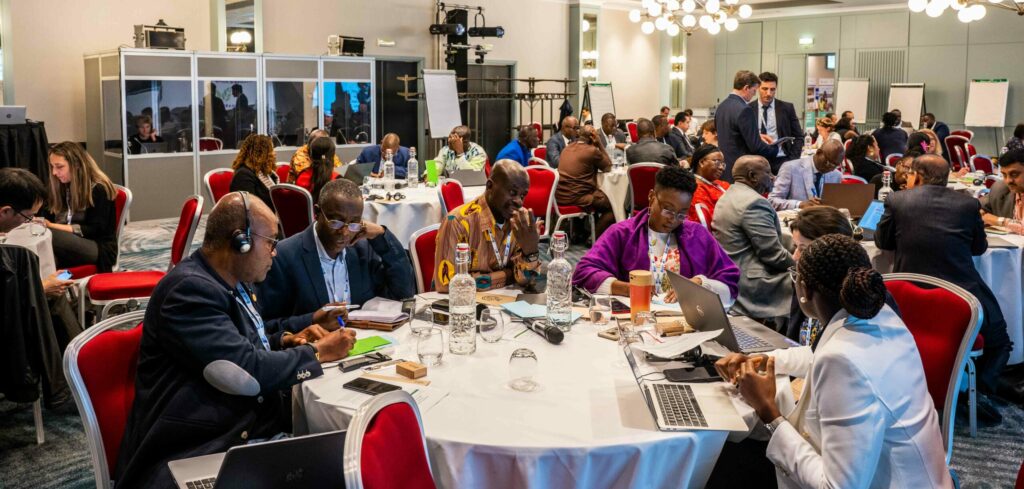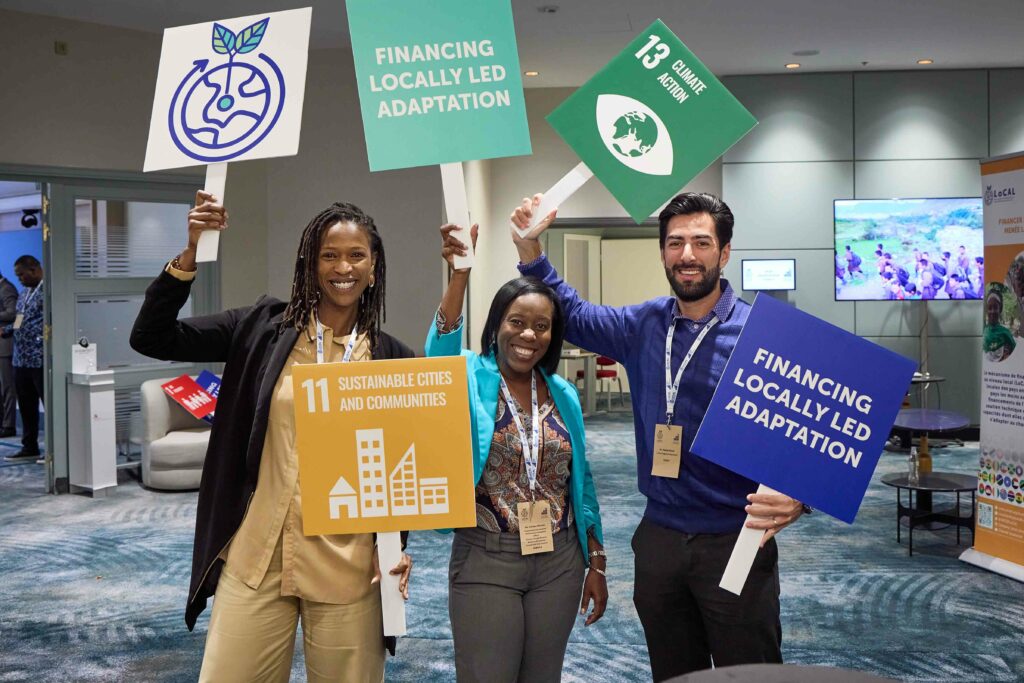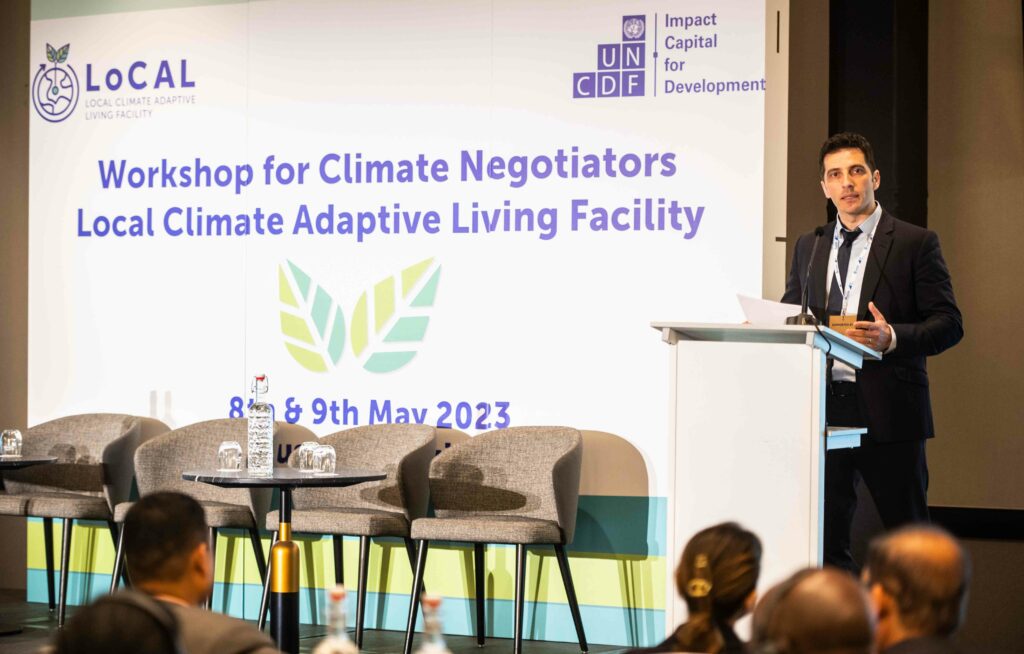On 8 and 9 May 2023, UNITAR delivered a two-day workshop on “Navigating and engaging the climate finance architecture under the UNFCCC”. It was the successor of a similar event that took place in May 2022, which focused on Article 6 of the Paris Agreement including its three different market mechanisms as well as non-market approaches as stated in Article 6.8. The workshop was part of the collaboration UNITAR has with the Local Adaptive Living (LoCAL) Facility of the UN Capital Development Fund (UNCDF), where UNITAR aims to support the LoCAL Facility in fulfilling its capacity building component. The collaboration started in 2019 and has already resulted in the update of LoCAL’s face-to-face training package, the “Financing Local Adaptation to Climate Change: An Introduction to Performance-Based Climate Resilience Grants” e-tutorial in English and French, and the “International Climate Change Negotiations: Leveraging LoCAL Experience in Support of Climate Change Negotiations” e-course, also in English and French.
The workshop aimed to build the capacity of LoCAL Member Countries (LDCs, SIDs and African nations) for them to better understand and prepare for UNFCCC meetings, as well as ensure that their climate finance needs are well reflected in these deliberations. It was geared towards UNFCCC focal points, civil servants in relevant government ministries and national negotiators of LoCAL Member Countries who take part in UNFCCC processes. During the two days, it trained a total of 51 participants and helped build their understanding on the climate finance architecture under the UNFCCC while supporting them in identifying climate finance entry points to better engage with climate finance governing bodies.

Group discussions during the workshop.
The workshop was structured around six key topics, ranging from an overview of the current climate finance structure to the engagement with climate funds, such as the Green Climate Fund and the Adaptation Fund. Each topic had their own set of learning objectives and consisted of presentations by thought leaders, group activities, case studies, plenary discussions, and Q&A sessions. At the end , participants were asked to respond to a short survey and share their opinion about the workshop.
The post-workshop survey was answered by 44 out of 51 participants and showed that the workshop was overwhelmingly well received: 97% of respondents stated that the training was useful to them; 93% of respondents agreed that the information delivered in the workshop was useful; and 96% agreed that they will apply their newly acquired knowledge in their jobs.

Workshop participants.
Moving forward, UNITAR will continue to explore new avenues of collaboration in capacity building with UNCDF’s LoCAL Facility. The organizations plan to further build LoCAL Member Countries understanding on loss and damage, including the Santiago Network, the Transitional Committee, the L&D fund and its operationalization, and also on the drafting, presenting and negotiating submissions to the UNFCCC, especially the Subsidiary Body for Scientific and Technological Advice (SBSTA) and/or Subsidiary Body for Implementation (SBI).

